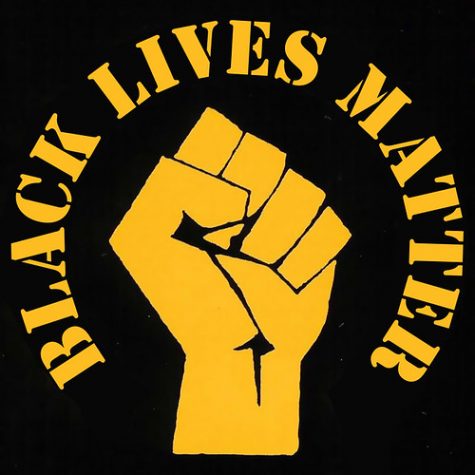Society looking to future, popular culture is not
Every week the editorial board reflects on a current issue in Our View. The position taken does not reflect the opinions of everyone on the Hilltop Views staff.
We live in a progressive society. Paradoxically, a lot of our pop culture artifacts are regressive. The present tells us our community is about equality, globalization, justice and the humanity we all share. However, many of the messages we receive from popular culture are anything but forward-thinking.
Take for example the state of popular country and rap music, where women are objectified and routinely infantilized or sexualized. Easy examples of this would be would be Chris Brown’s “Loyal” or Trace Adkins’ “Honky Tonk Badonkadonk.”
Brown croons that “these hoes ain’t loyal,” while Adkins asserts much the same thing in a song that focuses solely on one womanly feature — her “honky tonk badonkadonk.”
Music isn’t the only perpetrator of negative stereotypes and crassness. Both movies and TV shows are equally to blame. These media have just as much power to record the views and morals of our epoch, but they do us little justice.
Al Pacino’s “The Humbling” is one example of a movie that featured a transgender man named Prince. The character, played by actor Billy Porter, pleads with his ex to accept him as a man after sex-reassignment surgery. This modern move could have been hailed by LGBT and allies as revolutionary in the film industry.
Instead, the character was depicted as a stalker whose identity had to be accepted by his ex-lover for it to be validated. The majority of the character’s screen time consisted of him standing back and watching the main characters.
Several types of media often target young audiences, and, perhaps portray skewed values and ideas. One example of this is the younger generation’s views on sexualization and unprotected sex.
“16 and Pregnant,” “The Secret Life of the American Teenager,” “90210” and other TV shows have glorified teen pregnancy. While some shows such as “The Secret Life of the American Teenager” promoted ideals of safe sex or abstinence, a negative message was still sent.
Think about “16 and Pregnant” for a second. People tune in to watch a teen mother get in brawls with her family and boyfriend. Maltreatment of those closest to the star seems to boost ratings. It is almost a guarantee that a teenager who realized her mistakes and made the best of the situation would get the show canceled.
Sometimes, the line is thin. People want to make money, and if viewers want to watch shows in which pregnant teens (“16 and Pregnant”) or a house full of drunk 21-year-olds picking their soul mates (“Are You the One”), someone will produce them.
None of these examples take away from the fact that women, immigrants, African Americans and other minorities have more rights and respect than in previous eras.
Still, we should not live in an age of “good enough.” We should live in a generation that acts in the accordance to the values we promote. Our media needs to show that as well.







![According to a 1993 archive from Congressional Quarterly Almanac, “[Judge] Ginsburg was known as a restrained and fair-minded judge who did her homework and then some.” She was “considered moderate to conservative on criminal issues and business law,” relatively progressive “on issues such as free speech, religious freedom and separation of church and states,” and more liberal on “civil rights and access to the courts.”](https://www.hilltopviewsonline.com/wp-content/uploads/2020/10/VP-4RBG_CC-by-WFULawSchool-475x317.jpg)
